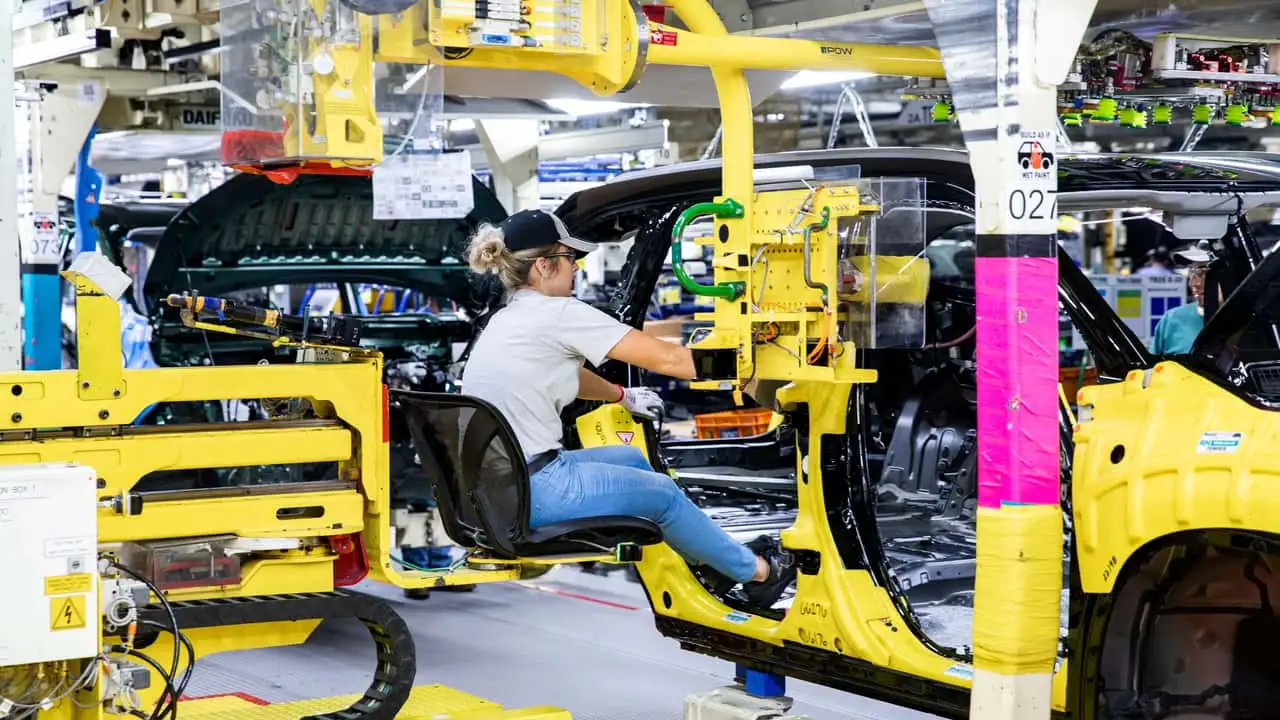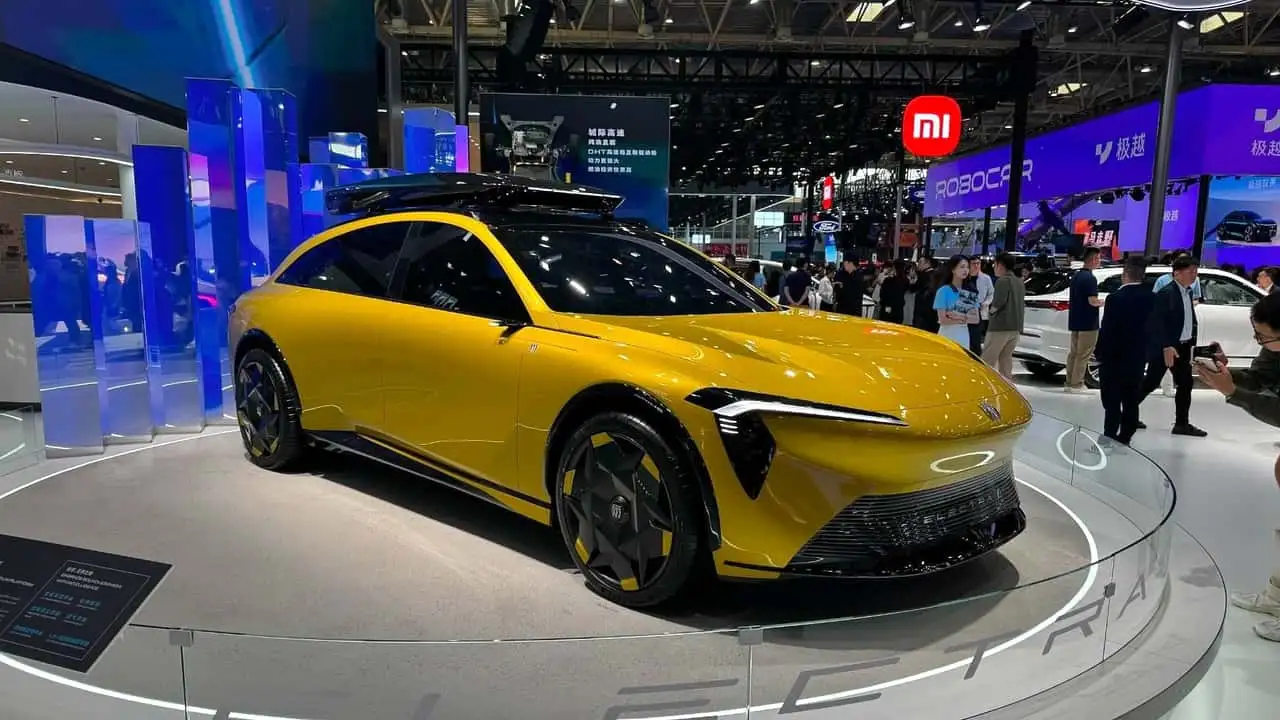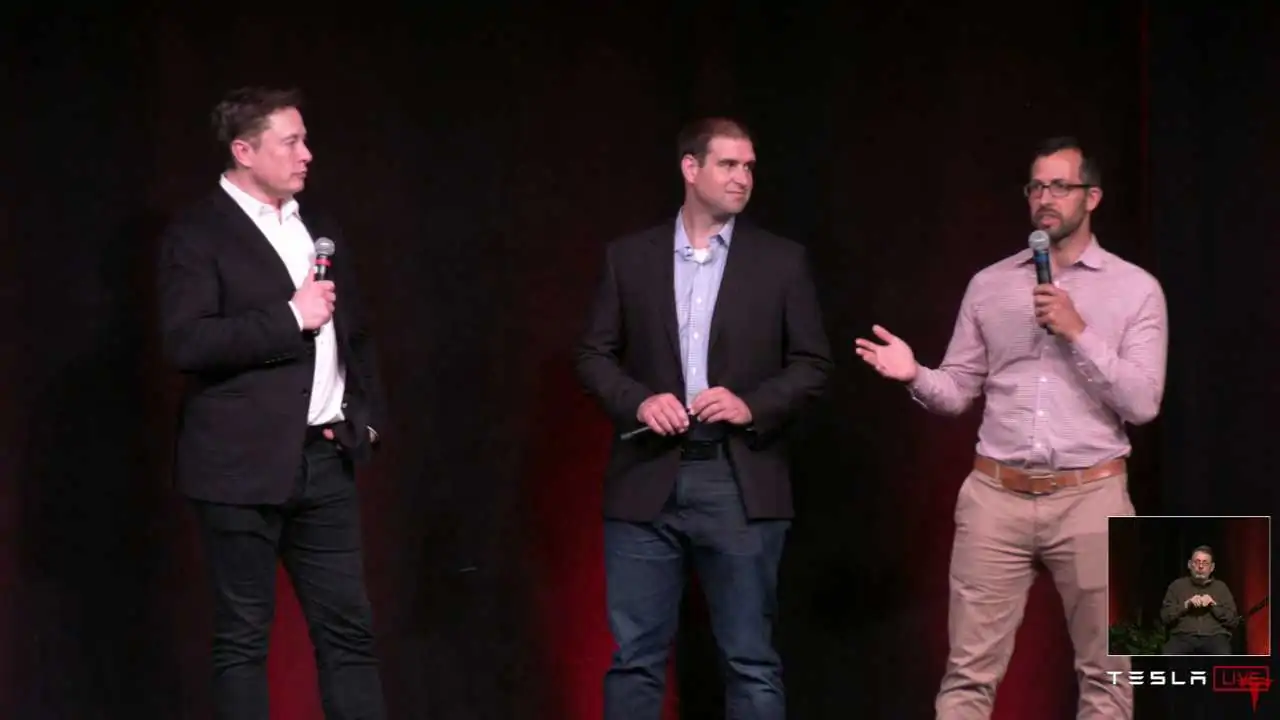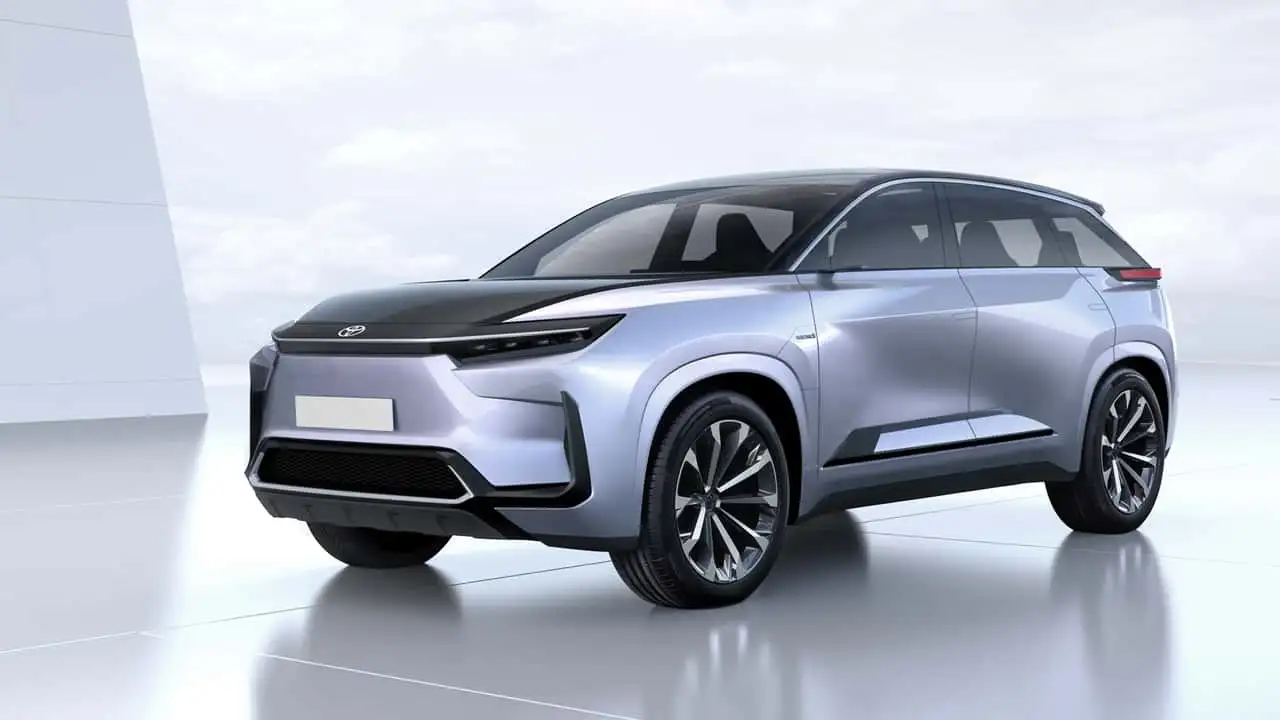Significant Moves in the EV Market by Toyota and Honda
Environmental advocates and industry analysts have criticized Toyota, the top automaker globally in terms of sales, for its hesitant approach to electric vehicles (EVs). This criticism stems primarily from Toyota’s limited EV offerings in the U.S. and its persistent opposition to the EPA’s emissions targets. However, Toyota is taking significant strides by pledging billions in U.S. investments aimed at expanding its EV production.
Your Daily Digest on Essential EV Market Trends
We’re excited to continue bringing you “Critical Materials,” your essential daily briefing on key developments in both the U.S. and international EV markets, now available five days a week and soon via an email newsletter. After a two-week visit to India, transitioning from the intense heat of Mumbai to the milder spring in New York, today’s focus is on Toyota’s new investments in its Indiana plant. This investment is earmarked for a completely new battery-electric vehicle (BEV), amidst Chinese EV companies bracing for intense market competition and Drew Baglino’s significant sell-off of Tesla shares.

Toyota’s $1.4 Billion Commitment to Indiana
Toyota’s recent announcement of a $1.4 billion investment in its Princeton, Indiana plant marks a substantial commitment to U.S. manufacturing of EVs. This facility is set to produce a new three-row electric SUV, contributing to a total of $8 billion Toyota has invested in Indiana, creating 340 new jobs. This expansion not only promises to enhance the U.S. auto market but also solidifies Toyota’s dedication to building EVs domestically.
Honda’s Strategic North American Investments
Adding to the momentum, Honda has also declared a major $11 billion investment in North America for an EV and battery assembly plant in Canada. This venture will enhance Honda’s production capabilities to 240,000 vehicles annually and includes a new battery production line capable of 36 gigawatt-hours, along with the creation of 1,000 jobs. These steps underscore the fact that Japanese automakers, although initially slow to embrace EV technology, are now making substantial inroads in the industry.

The Harsh Reality for Chinese EV Manufacturers
Despite substantial government backing and initial rapid growth, many smaller Chinese EV producers are struggling with market oversaturation. This has triggered a fierce price battle and a slowdown in the growth rate of EVs. According to China’s primary economic planner, the National Development and Reform Commission (NDRC), 2024 will see heightened competition in the sector, potentially leading to a significant reduction in the number of active EV manufacturers.
The Final Business Move of a Tesla Veteran
Drew Baglino, formerly a top executive at Tesla, recently made headlines by selling over 1.1 million shares of Tesla stock, valued at approximately $181 million. This move followed his departure from the company, which coincided with widespread layoffs across Tesla’s facilities worldwide. His exit and the sale raise concerns about Tesla’s future in a fiercely competitive market.
Could Japanese Automakers Lead the EV Revolution?
Historically, Japanese automakers have demonstrated their capacity to dominate global markets through innovative practices like Toyota’s lean manufacturing. With their recent aggressive moves into the EV sector, they may be poised to repeat this success in the burgeoning electric vehicle market.

Factual Additions and Emotional Engagement
Embracing Change and Innovation
Toyota’s decision to transform its traditional manufacturing facilities in Indiana to accommodate electric vehicles reflects a broader industry trend towards sustainable transportation. This commitment not only secures jobs but also plays a crucial part in the global shift toward greener technologies. The emotional weight of securing the future of automotive workers and contributing positively to environmental goals cannot be overstated.

The Ripple Effect of Industry Evolution
Honda’s investment in a Canadian facility is not just a significant boost to the local economy but also a testament to the transformative power of innovation in the automotive industry. As these automotive giants pivot to electric, they inspire a wave of technological and economic change that resonates through communities, enhancing lives and providing new opportunities in a rapidly evolving world.
